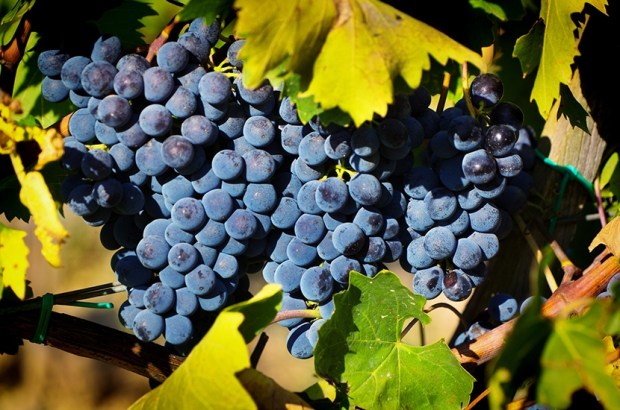There was an entirely forgotten leftist called Allen Ginsberg, a so-called beat poet (surely an oxymoron) who once produced a work entitled ‘Howl’. That was appropriate. It reads like a wolf on hallucinogens. The author whined that he had seen the best minds of his generation destroyed. ‘Best minds’: how would he have known? This was hardly Dunbar lamenting the makars of his era. Such of their verse that survives may now be an unyielding read. But in their day they were names to conjure with. Nor did they put their minds up their noses, or inject their hopes into ravaged veins.
I was thinking about poetry, decadence and self-destruction because I have decided that after a gap — horrifying thought — of 50 years, it is time to make a new assault on the French 19th century, before my grenouille rusts away completely. I revisited the Pleiades over the summer. Ronsard’s enchantment is undimmed: his enthusiasm for carpe diem more relevant than ever — and my French can still cope with him. So what about moving on a few centuries to the harder task of Baudelaire et al?
Although they got up to some exotic carpe-ing in their diem, some of them do excite sympathy. One is Gérard de Nerval, who took a pet lobster for walks around the Palais–Royal, using a ribbon as a leash, and was promptly locked up in a madhouse. Poor fellow: in Paris of all places, what did he expect? Misusing a delicious crustacean, perhaps encouraging others to do likewise, thus undermining French gastronomy in the name of lobster liberation: he was probably better off in a fortified asylum, whose thick walls would protect him from the wrath of French gourmets.
Then there was Villiers de l’Isle Adam, an unhappy member of a family of unhappy fantasists, all of them qualifying for the role of Prince à la Tour Abolie. He is best known for ‘Vivre? les serviteurs font cela pour nous’. That reminded me of a recent discovery: a scintillating wine company called Quintessentially. It grew out of a concierge service of the same name, which ministers to the very rich. While it will not go so far as to do their living for them, it will provide its clients with everything that they request, though strictly within the law. Think of Jeeves, but without the note of disapproval when it comes to the young master’s cravats. From the outset, wine was a crucial part of the service.
Then one of the wine experts decided to branch out, though the departure was amicable and the rich continue to benefit from his expertise. Even if born in Australia, Stevie Evans is a thoroughly civilised fellow, and a realistic one, entirely reconciled to England’s upcoming triumph in the Ashes. His forebears cannot have been transported for anything too atrocious. Stevie loves wine. When he discusses his bottles, his eagerness effervesces. Wine and poetry march in step — and enthusiasm is matched by judgment.
Evans’s Quintessentially Wine specialises in small parcels of good wine, impeccably sourced and ready for drinking now. That said, much of it will keep for years. Readers may be aware of my prejudices. A French friend always insists that I should learn the difference between oenophilia and necrophilia. I reply that when the wine deserves it, age should have an honoured place. I tried Stevie’s Sena ’15, which may be the best Chilean wine ever, and an Argentinian, Finca Piedra Infinita ’13. Yes, they are drinking now, and would be ideal with bloody, well-hung beef. But they will last.
So will his La Fleur Morange ’10, his Isole e Olena ’14, and indeed his Cos d’Estournee 1990: no hurry to finish off such a fine vintage. But the stuff does not lurk around; there is hardly a gap between offer and sale. Quintessentially is not cheap. When it comes to fine wine, where is? Its acquaintance is worth making.
Got something to add? Join the discussion and comment below.
Get 10 issues for just $10
Subscribe to The Spectator Australia today for the next 10 magazine issues, plus full online access, for just $10.
You might disagree with half of it, but you’ll enjoy reading all of it. Try your first month for free, then just $2 a week for the remainder of your first year.














Comments
Don't miss out
Join the conversation with other Spectator Australia readers. Subscribe to leave a comment.
SUBSCRIBEAlready a subscriber? Log in